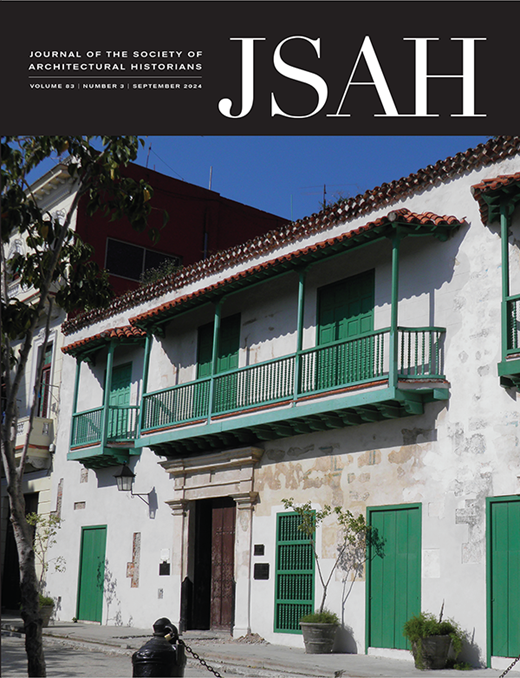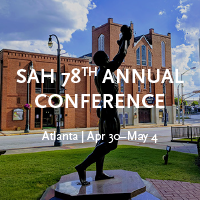Mar 16, 2017
by
Dianne S. Harris
The events of recent months have raised anew an old set of questions: What does it mean to be an American? How do we define freedom and democracy? How do we discern fact from fabrication? We cannot answer these questions without engaging the humanities. Truly, the humanities shine in tumultuous times because they provide us with the tools we need to skillfully evaluate, understand and navigate our complex world. We need the humanities now, more than ever.
Yet some members of Congress propose severely cutting or eliminating altogether the National Endowment for the Humanities, a federal agency that since 1965 has provided funding support for the humanities. The NEH's total annual budget has held steady in recent years at $148 million, a small portion of the federal budget that is used very effectively and efficiently. Many have noted that NEH's annual budget amounts to a rounding error in the context of the federal budget, yet the agency's impact is great.
Through their grants, NEH provides millions of dollars across the country and in the state of Utah to support a range of programs including children's literacy projects; study groups that help veterans reintegrate into civilian life; continuing education of K-12 teachers through teacher‑education seminars; museum exhibits about America's rich history for urban and rural communities; and grants that help libraries and archives preserve America's cultural heritage, to name just a portion of their programs. The NEH, like the humanities disciplines it supports, is essential to the health of our democracy because it supports the development of our educated citizenry. The humanities do this in profound and numerous ways. Here are a few examples:
Valuing the study of world languages is deeply rooted in Utah's culture. Utahns know through their experiences around the world and at home that learning about another culture and speaking that culture's language opens doors to new realms of knowledge and experience that are of incalculable life value. More than ever, we need the cross-cultural understanding gained by studying the languages and cultures of the world.
Philosophy provides us with, among other things, the tools to weigh complex ethical dilemmas and moral challenges, and to exercise the skills associated with logic.
Ethical questions abound in our current political arena, just as they do in medicine, law, technology and business. The ability to resolve these dilemmas is also key to leading a life of integrity. This is central to the philosopher's knowledge and work.
Read full article here
Dr. Harris has been a member of SAH since 1989 and served as President 2010-2012.


